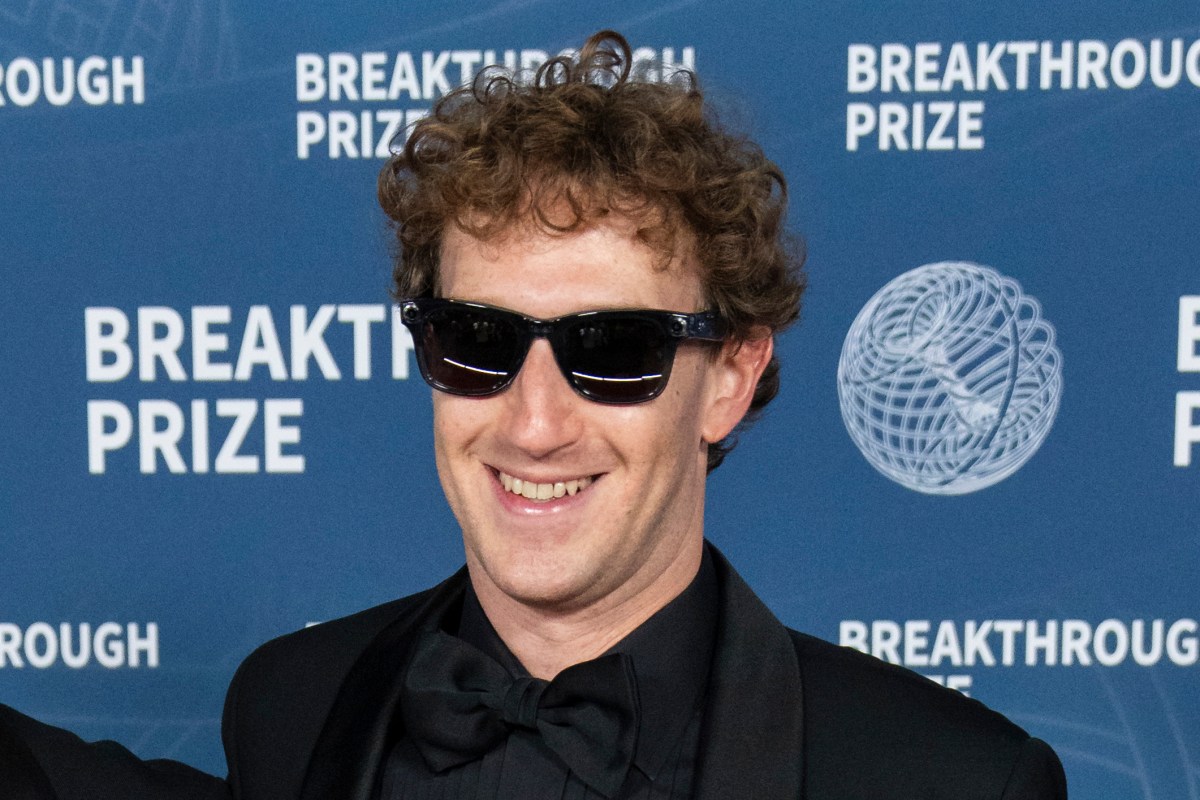
In the ongoing competitive race to recruit top artificial intelligence (AI) researchers, Meta has reportedly made a significant move by hiring three researchers from OpenAI. This development underscores the escalating demand for elite AI talent among leading technology firms as they vie to maintain a competitive edge in the rapidly evolving field of generative AI.
The reported hires come despite some recent friction between the two companies—particularly between OpenAI CEO Sam Altman and Meta CEO Mark Zuckerberg. Altman has publicly criticized Zuckerberg in the past, mocking Meta’s approach to AI development. However, the movement of personnel from OpenAI to Meta suggests that professional opportunities and research resources may outweigh public rivalries in influencing career decisions.
The identities of the researchers and the specifics of their roles at Meta have not been disclosed. Nevertheless, their departure from OpenAI indicates a possible shift in how researchers evaluate their affiliations with AI labs, particularly amidst ethical concerns, organizational goals, and the promise of greater autonomy or compensation.
Meta has been investing heavily in AI development, particularly in open-source AI models, contrasting with OpenAI’s more cautious, closed-source approach. This divergence in strategy could be a factor in attracting researchers who seek more flexibility or alignment with their scientific philosophies.
The poaching of talent from AI labs has become increasingly common in recent years, with companies like Google DeepMind, Microsoft, Amazon, and Anthropic all contending for PhDs and top-tier talent from academia and competitors. AI research has become a high-stakes field, not only for developing innovative products but also for controlling the direction of future technologies that may significantly influence industries and governments.
As AI continues to play a more central role in technological advancement, hiring decisions like these are likely to have far-reaching implications—not just for corporate strategies, but for the broader AI research community and the development of safe and ethical AI systems.
Source: https:// – Courtesy of the original publisher.








